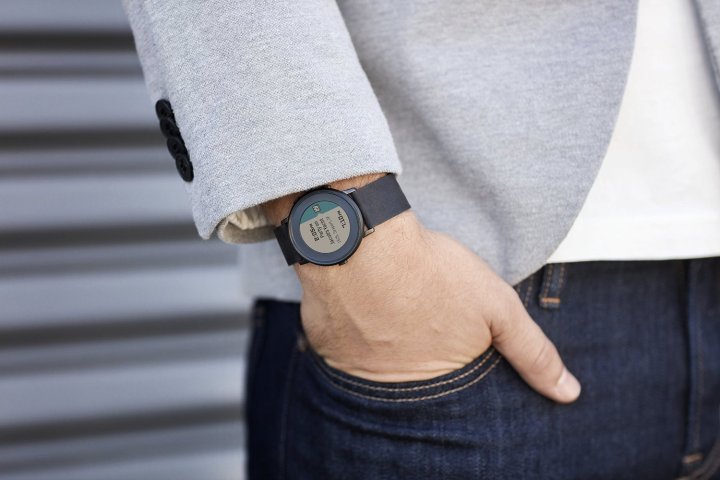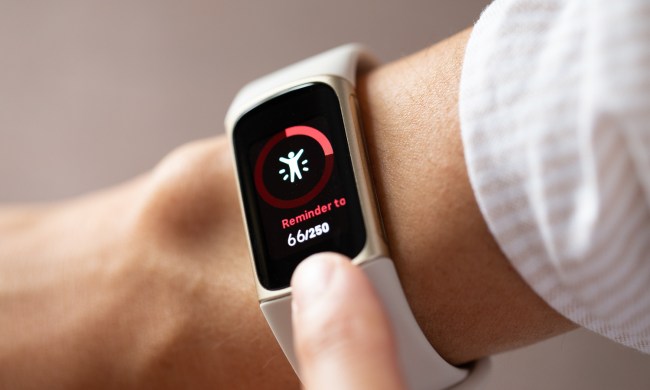
Of course, that doesn’t necessarily mean that Fitbit can’t make waves in the industry — the company wants to take a “different approach” to making a smartwatch, according to CEO James Park in a report from The Verge.
It’s important to note that Fitbit hasn’t exactly said that it’s interested in making more “real” smartwatches — but if we were to guess, we would say that it is. The Pebble acquisition goes a long way in doing so, even if Fitbit claims that it bought Pebble for its software rather than its hardware. On top of Pebble, Fitbit also recently acquired Coin, a startup aimed at creating new payment technology. That acquisition was reportedly part of an effort to develop a new “active NFC payment solution.”
Smartwatch makers in general are having a tough time right now. Basic fitness trackers are by far the most popular segment in the wearables market, and that’s unlikely to change anytime soon. Part of that is likely to do with the fact that they’re so much cheaper.
Having access to a new operating system, however, could put Fitbit in an excellent position, and means it doesn’t have to instead go for Google’s Android Wear, or build a new operating system all by itself. Pebble has been around for a good five years now, and has built up a pretty decent selection of apps.
So when will we see a new smartwatch from Pebble? It will likely be at least a few months, but keep an eye out for one in 2017.



